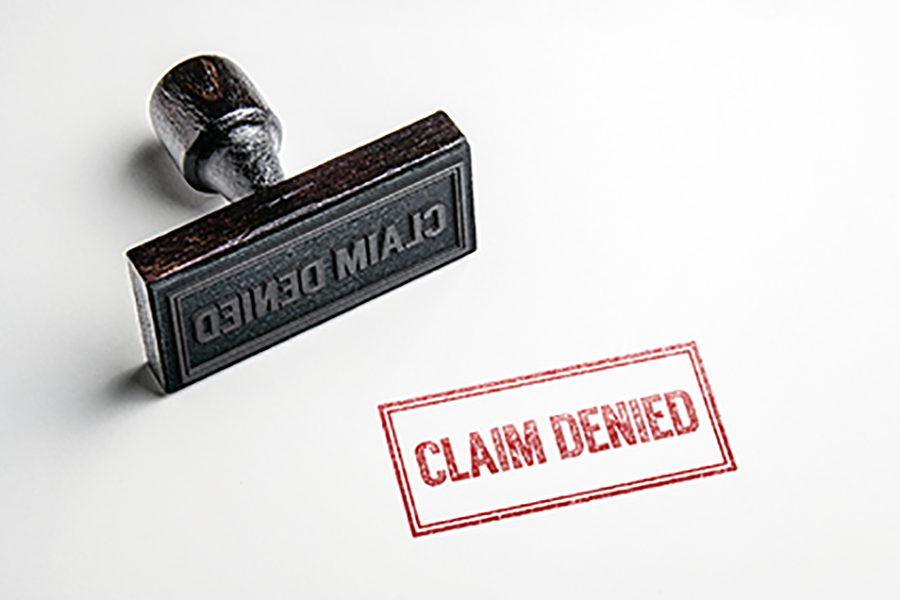Scratching your head? How can a contention be denied when I didn’t claim it?
Because you don’t have to claim a contention to have it adjudicated. The VA must adjudicate contentions they find which are obvious and if they don’t, they are by law, denying those claims.
This isn’t a needle in the haystack, “I hurt my ankle one time thirty years ago and they didn’t rate me for it, even though it was in my treatment records one time,” contention.
It is the neon flashing light contentions. Let me give you an example:

- You have been diagnosed with hypothyroidism. You file a claim for hypothyroidism and are awarded a small percentage for it. However, your medical records are riddled with associated diagnoses: depression, dysmenorrhea, diabetes, arthritis, etc. literally every single page has a list of diagnosed conditions that are a mile long.
It literally would be impossible for a rater or treatment provider to open the medical records and not see all of these conditions over and over and over. Yet they didn’t rate you for them. And the VA acknowledged using your medical records as evidence in the adjudication of your claim.
You have an implicit denial case. The VA had the records, the records were overflowing with evidence, the VA used the records to assign a rating and ignored the evidence.
It is a legal argument that is available to you. And it doesn’t require an appeal. It can be filed as a CUE (clear and unmistakable error) and with a well-written legal brief, it can be won. That means not only that the additional contentions will be rated as associated to the primary condition, but that the effective date of the award will be the date of the original denial.
We strongly recommend that you seek counsel of an accredited professional if you believe an error was made in the adjudication of your claim.
Every case is unique and every case does not qualify for this type of argument. But for those which do, it is a really complicated legal argument that can mean a huge difference for Veterans.
